LET’S MEASURE WHAT WE TREASURE


THE UNMET NEED IN SCHOOLS
Every independent school exists to fulfil its unique enduring purpose, usually expressed through its Mission and Vision Statements.
So, how can the leadership of a school know the extent to which its mission, vision and values are being achieved in practice? Ideally, the answer should be to conduct an assessment that focuses specifically on measuring mission and values performance. However, most appraisal frameworks skirt around evaluating mission, vision and values on the grounds that they are too difficult to measure accurately.
Nonetheless, most independent schools were founded on the basis of a strong, coherent values position that is expressed through its mission and/or vision. Such schools aim to share and develop those values explicitly with their students – it is the school’s primary raison d’être. It follows from this that an effective school evaluation, or performance review, ought to focus primarily on the extent to which its values objectives are being achieved.
THE SMART SOLUTION
Optimal School Governance has crafted an original ground-breaking tool that authentically evaluates a school’s performance in achieving its real purposes – its mission, vision and values.
This tool is known as the Schools Mission Appraisal Reporting Tool (SMART).
SMART shifts the key question away from “what can be measured using current methods and datasets?” to “what should be measured to ensure progress towards the kind of education that will enhance achievement of the school’s mission, vision and values?”.
Click this image to download a detailed overview of SMART in PDF format
(11 pages, 583K)
WHAT ARE VALUES-BASED INDICATORS?
“Values” embrace the beliefs, attitudes and consequent behaviours that are individually or collectively viewed as valuable, worthwhile, important and meaningful within a community that has a shared outlook, such as a school.
The values used in SMART are those which define a school’s identity, and these in turn provide the foundation of the indicators and assessment tools used to evaluate performance. SMART avoids the shortcomings of traditional school reviews that use pre-determined criteria by establishing viable alternative criteria based on a school’s specific mission, vision and values.
WHY ARE VALUES-BASED INDICATORS IMPORTANT?
We know from experience in many schools that what gets measured gets done, and by implication, anything that is left unmeasured is likely to be neglected. Therefore, if a consensus were to emerge that ‘values’ are not ‘measurable’, they are likely to be overlooked and therefore diluted, even though they are central to a school’s identity and purpose. In turn, this is likely to contribute to the marginalisation of a school’s founding values, creating an ethical vacuum that is likely to be filled by more easily measurable dominant economic and political narratives.
THE VALUES-ACTION GAP
In numerous situations where strong statements about values are espoused, the sad reality is that many individuals within that community or environment fall short of performing the actions or behaviours implicit in those values. This can be regarded as a “values-action gap”.
If the values-action gap is to be addressed in schools, the actionable implications and consequences of the mission, vision and values need to be promoted and amplified through a regular process that uses a different type of performance review than those commonly conducted (which simply focus on easily measured, less significant factors).
SMART offers a solution to this challenge.
IMPLEMENTATION OF SMART
Every school has its unique mission, vision and values. Therefore, the process of implementing SMART varies from school to school. Nonetheless, as a generalisation, implementation usually follows an iterative process such as the one shown in the diagram below.
In addition to mission-specific variables, it is expected that many schools would expect also to include more general indicators of ethical practice such as trust, integrity, justice, empowerment, unity in diversity, and care and respect for the community of life.
IN CONCLUSION
Many educators, school leaders and board members embrace the well-known adage “The heart of education is the education of the heart”. Similarly, most would agree with Antoine de Saint-Exupéry’s Little Prince when he says “It is only with the heart that one can see rightly; what is essential is invisible to the eye”.
SMART overcomes the shortcomings of traditional school appraisal and performance review processes. Rather than relying on simple, generic, easily quantified factors, SMART focusses on the distinctive characteristics that authentically target a school’s unique identity – its mission, vision and values.
FOR MORE INFORMATION
The format of every SMART report is individually crafted to target each school’s unique combination of mission, vision and values.
Download an explanatory 11 page overview of SMART in PDF format HERE (583K).
To discuss the benefits SMART can bring to your school, please initiate a conversation with us through [email protected].